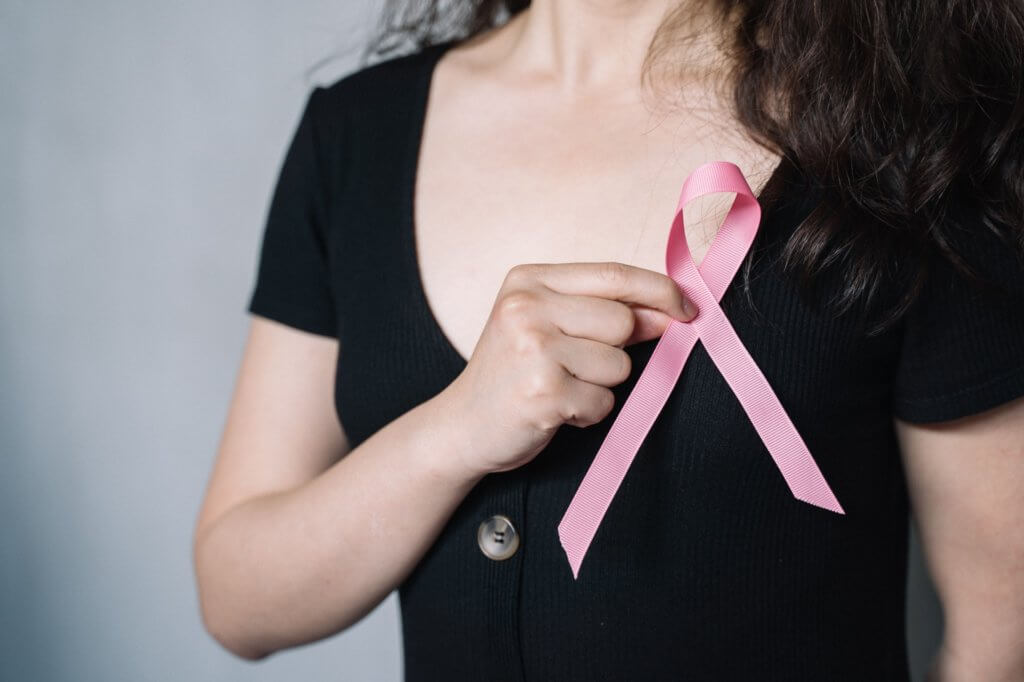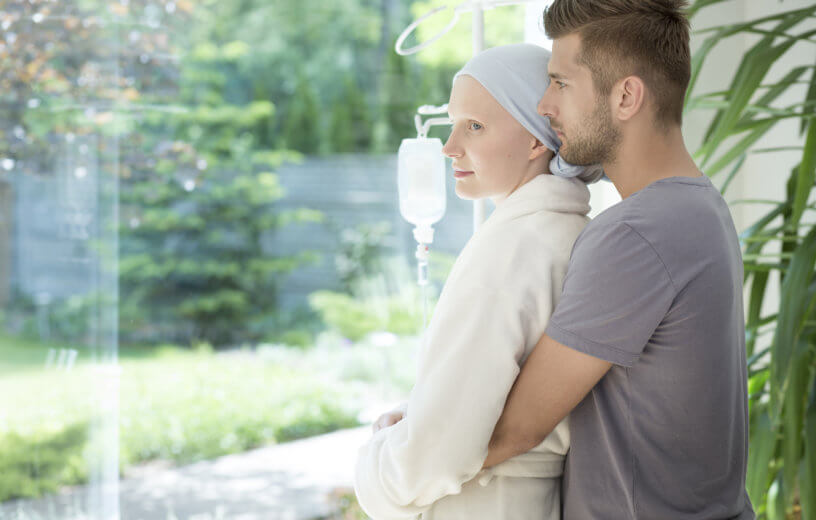LISBON, Portugal — Scientists are sounding the alarm that breast cancer patients are being pushed out of the workforce and into homelessness, underscoring the urgent need for new labor laws. Researchers in Europe highlight that while advanced breast cancer (ABC) is often incurable, many individuals live with the disease for years and could continue working if provided with a conducive work environment.
Clinical findings indicate that the average age of retirement for those with advanced breast cancer is 49, with many patients reportedly leaving their jobs involuntarily. Out of the patients surveyed in the study, 87 percent were employed at the time of their advanced breast cancer diagnosis, yet only 38 percent were able to maintain their employment.
A mere five percent reported that leaving their job was a personal choice. To compile these findings, physicians in Portugal gathered employment histories from patients with advanced breast cancer.
Corroborating the European data and indicating that this issue is pervasive, the research team also consulted frontline charities in the United States. One such charity, Infinite Strength, provides financial aid to single, low-income mothers diagnosed with breast cancer.
Within a six-month period, all 48 women who sought grants from the charity were forced to cut back on work hours or quit their jobs entirely due to advanced breast cancer. Over half of these women were African American, seven faced homelessness, and all were in jeopardy of eviction.
“This work highlights the tremendous financial burden faced by single mothers living with metastatic breast cancer. Direct financial assistance can provide stability and support for families in this time of significant financial need. But the numbers also suggest that Black women are more likely to return to financial hardship and all the problems that brings once financial support is removed. This highlights the need for long-term support,” says Roberta Lombardi, Founder and President of Infinite Strength, who has also been treated for early-stage breast cancer, in a media release.

The economic ramifications of work cessation are significant as well, as noted by research from the Advanced Breast Cancer Global Alliance, NOVA Medical School in Lisbon, and the Breast Unit of the Champalimaud Clinical Centre in Lisbon.
In Portugal, the cost of lost productivity due to breast cancer is estimated at $30.6 million (USD) over three years. The country also spends approximately $3.75 million in state pensions and unemployment benefits every three years for these individuals.
The researchers argue that if patients could remain employed, even part-time, the government would see an increased cost in subsidies amounting to $12.8 million over three years. However, this would be offset by a $15.3 million reduction in lost productivity costs.
In summary, the research team concludes that facilitating flexible work opportunities for breast cancer patients could yield a net economic benefit of approximately $2.6 million to the Portuguese economy every three years.
“The symptoms of advanced breast cancer and the burden of ongoing monitoring and treatment can make it harder for patients to hold down a job. But leaving employment often brings financial, social and mental health costs for patients. We wanted to study the economic impact of this problem at the country scale,” says Dr. Leonor Matos from the Breast Unit at the Champalimaud Clinical Centre, speaking at the Advanced Breast Cancer Seventh International Consensus Conference.
“This research has allowed us to quantify how many ABC patients are lost from the workplace, even though they would prefer to keep working. It also shows us how much is lost to the economy when this happens and conversely how much financial gain could be made by creating the right conditions to allow people to continue working.”
“We know that the loss of employment may derive largely from the lack of willingness or policies to accommodate patients’ needs, such as flexible work arrangements. Changing labor laws to give extra support and protection to people with all types of advanced cancer could bring enormous benefits to society as a whole,” Dr. Matos explains.

The team picked 112 working-age people who had been treated for advanced breast cancer for at least six months. Patients receive care at one of nine Portuguese hospitals and were asked about their pre-diagnosis work life. Supporting research was carried out in the United States.
“Thanks to improvements in treatment, people with advanced breast cancer are living longer, healthier lives. People with ABC should be able to continue working if they want to, not only for their own financial and mental wellbeing, but also to support their families and their communities,” notes Professor Eric P. Winer, Director of the Yale Cancer Center, who did not take part in the research.
“Employers have a critical role to play in ensuring that people with cancer are not discriminated against in the workplace. They should provide the appropriate setting to help people with cancer fulfill their job responsibilities. However, this can only be fully achieved with government support to provide patients with adjusted and flexible working options.”
“For single mothers the burden of advanced breast cancer, combined with the responsibility of providing for and caring for a family, can be even greater. Women in this situation may need extra support to ensure their quality of life is as good as it can be.”
South West News Service writer Pol Allingham contributed to this report.
You might also be interested in:
- Breast cancer is not the end: Most women diagnosed early enjoy long lives
- Screening breast milk may be the new way to detect breast cancer early
- Most Stressful Careers In 2023: Top 5 Anxiety-Inducing Jobs, According To Experts


how utterly shameful. The US is surely capable of some awesome things, but a humane society it is not.